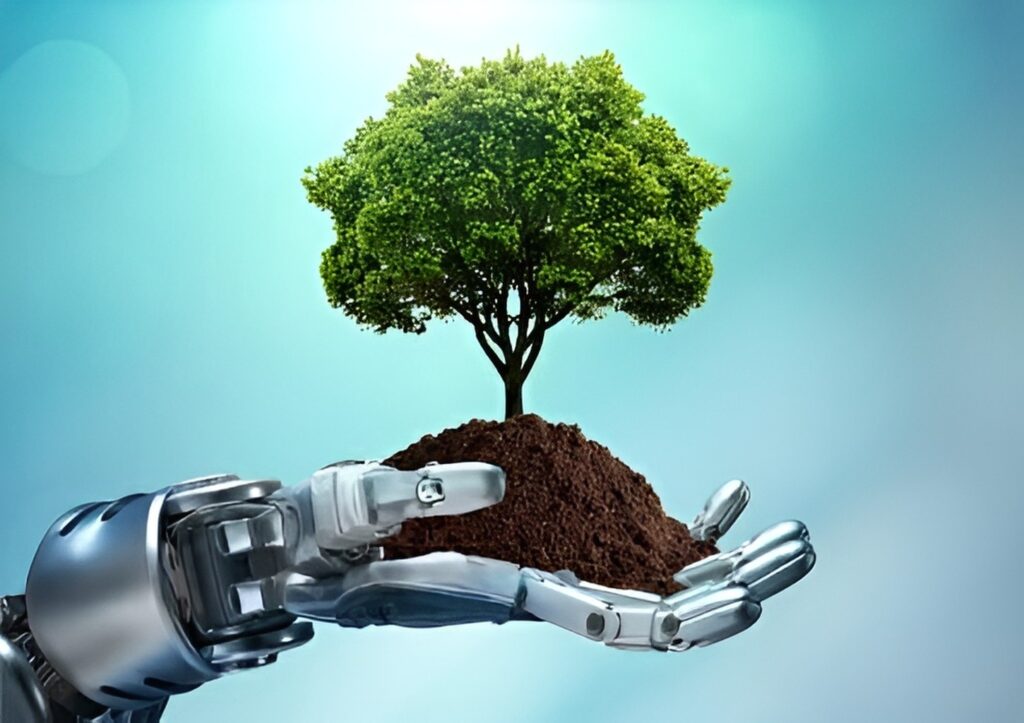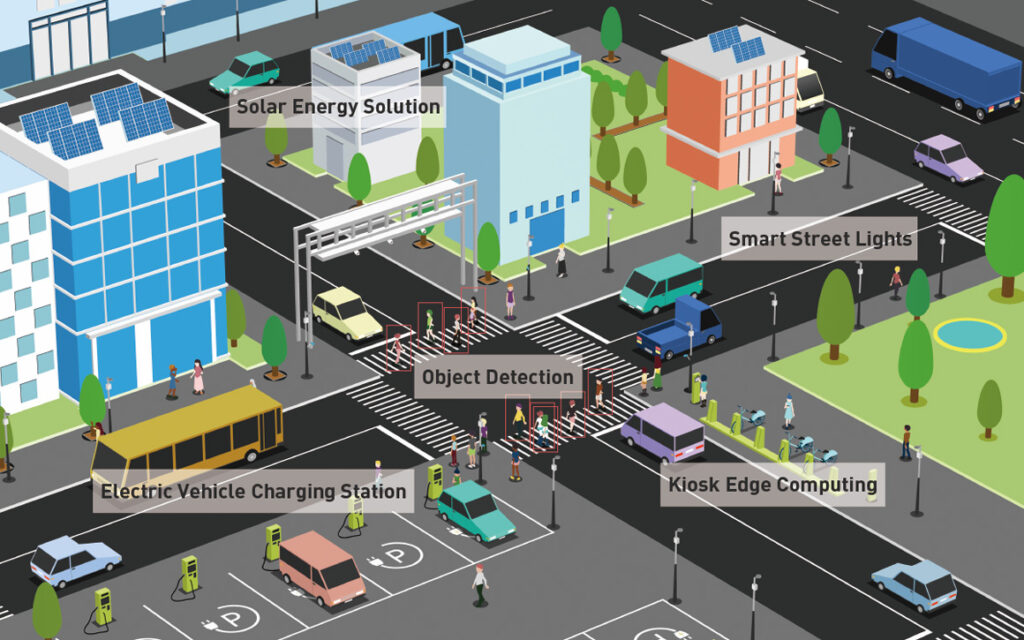Paving the Way for a Greener Future

In today’s rapidly evolving world, the intersection of technology and sustainability has become increasingly vital. As we face pressing environmental challenges, from climate change to resource depletion, harnessing the power of technology is imperative for fostering sustainable living practices. Let’s delve into the pivotal role that technology plays in shaping a greener, more sustainable future.
Renewable Energy Solutions for sustainable living

Technology has revolutionized the way we generate and utilize energy. From solar panels and wind turbines to hydroelectric power, renewable energy technologies offer clean and sustainable alternatives to fossil fuels. Advancements in energy storage systems and smart grids enhance the efficiency and reliability of renewable energy sources, making them more accessible and affordable for individuals and communities worldwide.
Smart Infrastructure and Urban Planning:

With the rapid urbanization trend, smart technologies are crucial for developing sustainable cities. Smart infrastructure integrates sensors, data analytics, and automation to optimize resource usage, reduce energy consumption, and minimize environmental impact. From intelligent transportation systems to energy-efficient buildings, technology-driven urban planning fosters eco-friendly living environments while enhancing residents’ quality of life.
Precision Agriculture in sustainable living:

Agriculture is undergoing a digital transformation through precision farming technologies. By leveraging data analytics, IoT sensors, and drones, farmers can optimize crop production, minimize water usage, and reduce chemical inputs. Precision agriculture promotes sustainable farming practices, mitigates environmental degradation, and ensures food security in the face of climate change-induced challenges.
Waste Management and Recycling:

Technology plays a pivotal role in managing waste and promoting recycling initiatives. Advanced waste sorting technologies, such as AI-powered sorting robots and optical scanners, streamline the recycling process and improve resource recovery rates. Additionally, innovative solutions like composting machines and bio-digesters help convert organic waste into valuable resources, reducing landfill pressure and mitigating greenhouse gas emissions.
Digitalization and Remote Work:

The digital revolution has transformed how we work and communicate, offering opportunities for reducing carbon footprints associated with commuting and office operations. Remote work technologies enable telecommuting, virtual meetings, and digital collaboration, leading to decreased traffic congestion, lower emissions, and a more flexible work-life balance.
Consumer Awareness and Eco-Friendly Products:

Technology empowers consumers to make informed choices about sustainable living through access to information and eco-friendly product alternatives. From mobile apps that provide environmental ratings for products to blockchain technology ensuring supply chain transparency, digital platforms enable conscious consumption and support businesses committed to sustainability.
Environmental Monitoring and Conservation in Sustainable Living:

Technology facilitates real-time monitoring of environmental parameters and ecosystems, enabling early detection of environmental threats and effective conservation efforts. Remote sensing technologies, satellite imagery, and biodiversity monitoring tools empower scientists and policymakers to assess environmental changes, preserve biodiversity, and protect natural habitats.

Conclusion:
technology serves as a powerful enabler of sustainable living, offering innovative solutions to address pressing environmental challenges. By embracing technological advancements and fostering collaboration between stakeholders, we can build a more resilient and environmentally responsible society. Let’s harness the transformative potential of technology to create a sustainable future for generations to come.
